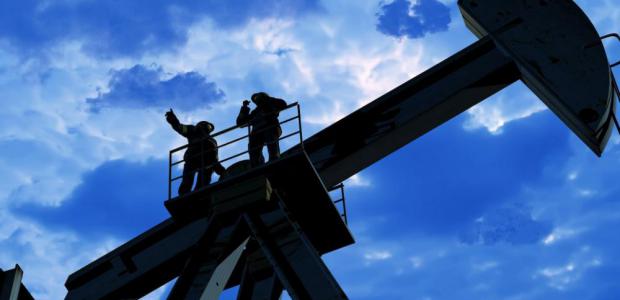Complying with the operating conditions specified in a tender for three onshore exploration and exploitation licenses in western Greece is not only obvious but essential if the country’s hydrocarbon sector is to be developed with safety and environmetal protection while also rewarding local communities, Energean Oil & Gas CEO Mathios Rigas, noted during a speech at the 20th Energy and Growth conference staged by IENE, the Institute of Energy for South-East Europe.
Rigas stressed that Greece’s hydrocarbon sector is at a “crucial stage and the next steps will need to be taken with great care to avoid putting at risk all that has been achieved so far.”
The company’s chief also noted Energean’s revival of the Prinos deposit in northern Greece, achieved as a result of major investments made and the work of 400 experienced and specialized scientists employed by Energean and allowing for the co-existence of hydrocarbon activities and growing tourism industries in the region’s Thassos and Kavala locations, serves as an example for future development in other regions.
Rigas described Etoloakarnania, Arta-Preveza, and northwestern Peloponnese, the locations of the three onshore blocks for which Energean has submitted licensing bids, as too beautiful to be subjected to any form of experimentation. Lack of experience in oil production has caused environmental damage in the past to other areas in Greece of equally impressive beauty, Rigas added.
Energean Oil & Gas and ELPE (Hellenic Petroleum) have both submitted bids for the Arta-Preveza block. Energean Oil & Gas placed the only offer for the Etoloakarnania block, while ELPE was the sole bidder for the northwestern Peloponnese block. Both companies were recently requested to improve their bids.
Rigas cited the major drop in international oil prices, Greece’s political turmoil of the past few years, staff shortages and operational problems at EDEY (Greek Hydrocarbon Management Company), lack of infrastructure for support of production and research activity, lack of coordination in the public sector, slow licensing and tender procedures, as well as repeated efforts by the former state-run oil company ELPE to obstruct the sector’s liberalization, as disincentives for investment interest in Greece’s hydrocarbon industry.
Rigas described western Greece and the wider Adriatic region as possessing great hydrocarbon potential, while also noting the succession of major natural gas deposit discoveries by Cyprus, Israel, and Egypt are of tremendous importance for the southeast Mediterranean region.





